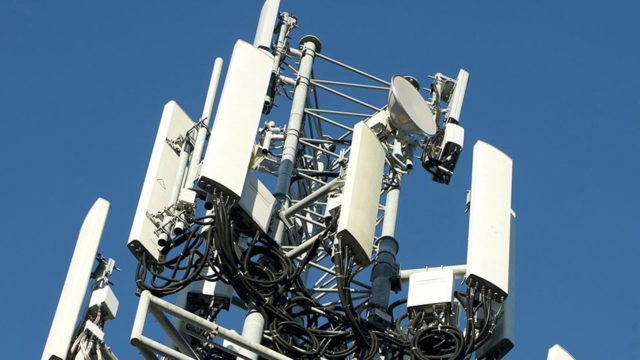The African telecommunications industry has recommended stepping up regional collaboration on radio spectrum management to make room for the expected growth in terrestrial and space services, and to ensure communities are connected across the continent.

Regulators, industry experts and academia met virtually to discuss Africa’s future radio-frequency spectrum requirements in the context of revisions made to the Radio Regulations by the last World Radiocommunication Conference WRC-19 held in Sharm-el-Sheikh.
Participants at the ITU Regional Radiocommunication Seminar for Africa (RRS-21-Africa) organised in collaboration with the African Telecommunications Union (ATU), reviewed updates to the Radio Regulations, the key international treaty governing radio spectrum management. They also discussed the current regulatory framework for international frequency management, ITU Radiocommunication (ITU-R) recommendations, and best practices for spectrum use by both terrestrial and space services.
With more than 270 participants from 54 countries, including 42 countries in ITU’s Africa Region, as well as from international organisations, the telecommunications’ industry, African network operators, industry associations, and academia.
ITU Secretary-General, Houlin Zhao, said the digital revolution is continuously opening doors to a variety of new applications that are spurring greater interest in, and demand for, a limited spectrum resource.
Zhao said well-managed radio spectrum is part of the basic infrastructure to support national and regional socio-economic progress.
According to him, regional cooperation in this vital field will enable countries in Africa to achieve universal connectivity and promote sustainable development.
MEANWHILE, addressing Africa’s connectivity challenges, telecoms industry representatives at RRS-21 Africa shared their expertise to help advance and accelerate the development of radiocommunication services across the continent, especially with respect to deployment challenges, growing reliance on satellite systems, and emergency communications.
ATU Secretary-General, John Omo, said: “Our collaboration with ITU continues to enable many countries to make progress in the field of spectrum management, including identification of new frequencies for FM radio broadcasting, 5G implementation and licensing of satellite services. However, international cooperation must also address each region’s specific development priorities.”
According to him, rural connectivity remains a challenge across Africa. He said ATU looks forward to working with ITU in the development of spectrum policy, regulations and practices to scale up digital connectivity even in the hardest-to-reach areas.
The seminar covered the regulatory framework for both terrestrial and space services and the procedures for recording frequency assignments in the Master International Frequency Register (MIFR).
Director of the ITU Radiocommunication Bureau, Mario Maniewicz, said the regional seminar series is a key component of capacity building programme to strengthen national and regional policies and ensure better use of the radio spectrum.
“These meetings enable the administrations of our member states, as well as companies and organizations engaged with us as members, to familiarize themselves with key tools and documents for efficient, forward-looking spectrum management,”Maniewicz.
Support InfoStride News' Credible Journalism: Only credible journalism can guarantee a fair, accountable and transparent society, including democracy and government. It involves a lot of efforts and money. We need your support. Click here to Donate
